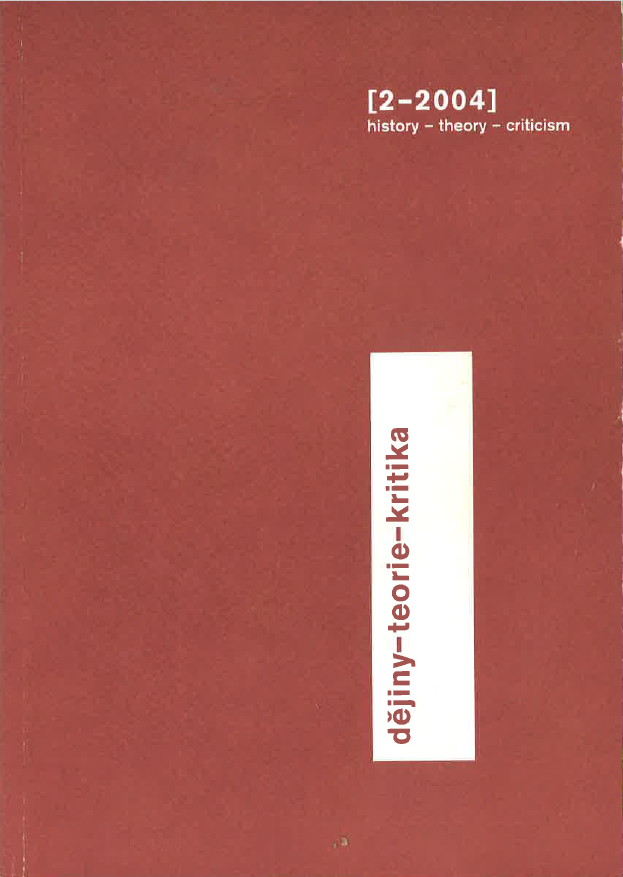On Discussion of Memory in the Czech Context of the "Second Life"
DOI:
https://doi.org/10.14712/24645370.3180Abstract
The French debate on memory has its roots mainly in the work of Maurice Halbwachs (Les cadres sociaux de la mémoire, 1925). Halbwachs´ basic theory is that memory does not exist in itself, but is always defined by what are known as "social frameworks". The latter are not status elements of memory but are formed by the priorities of society. Another reason for the non-existence of memory "in itself" is the form of communication (speech). In this respect Halbwachs´ theory is confirmed by the analyses of Roland Barthes, in particular. Halbwachs´ ideas have inspired two main historical movements today, both of them related chiefly to what are known as commemorative festivals. Eric Hobsbawm is concerned above all with the problems of the conscious formation of social and historical memory through these acts, while Paul Connerton, a represent of historical research of this kind after the "linguistic" turning point, concentrates mainly on internal symbolism and the structure of the event. In Czech conditions the concept of the "second life" with which the question of social and historical memory is very tightly connected, has been the focus of scholarly treatment since the 1970s, but under the influence of the current situation it has taken a different direction to this kind of research in France or (taking the French as model) in Germany.


